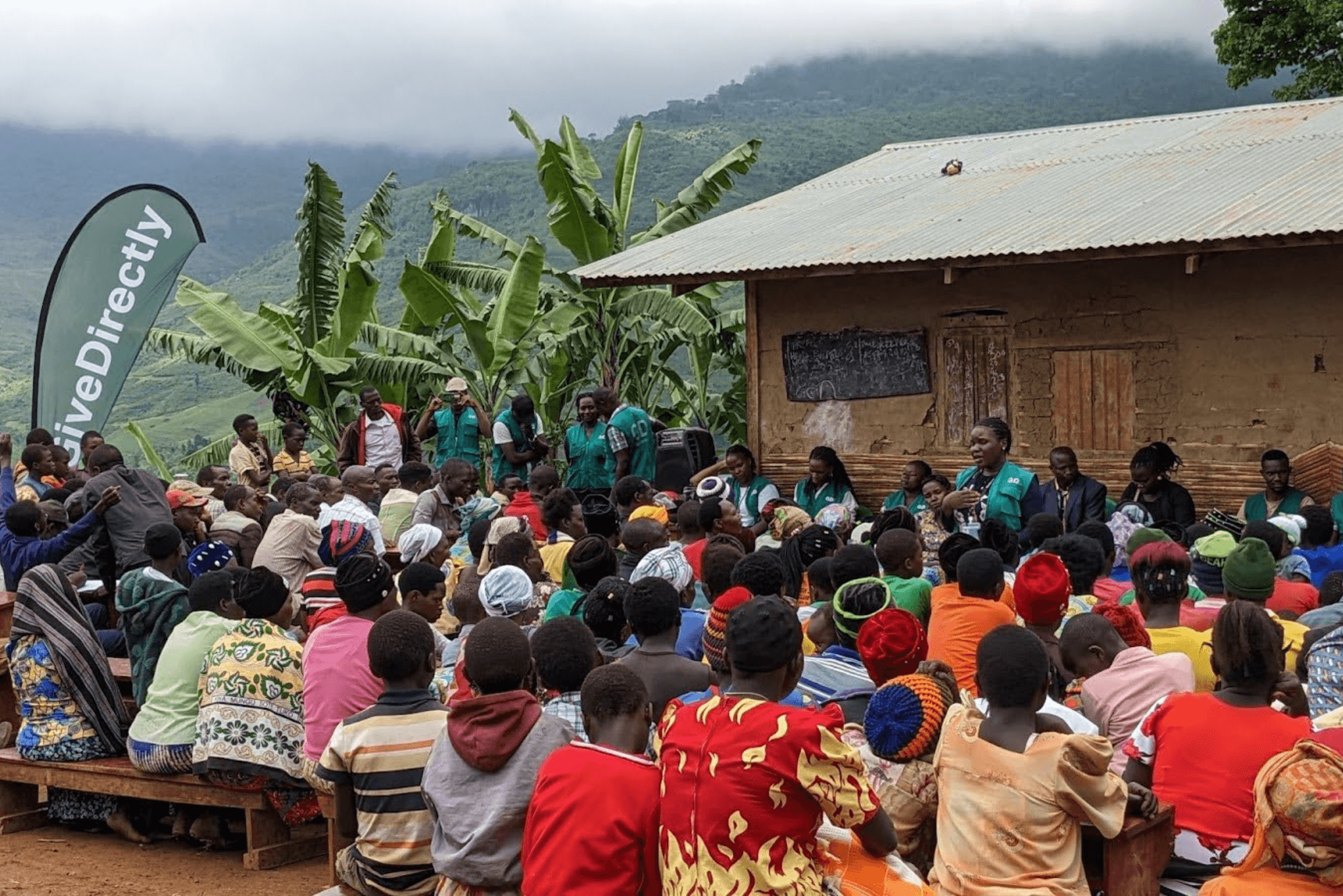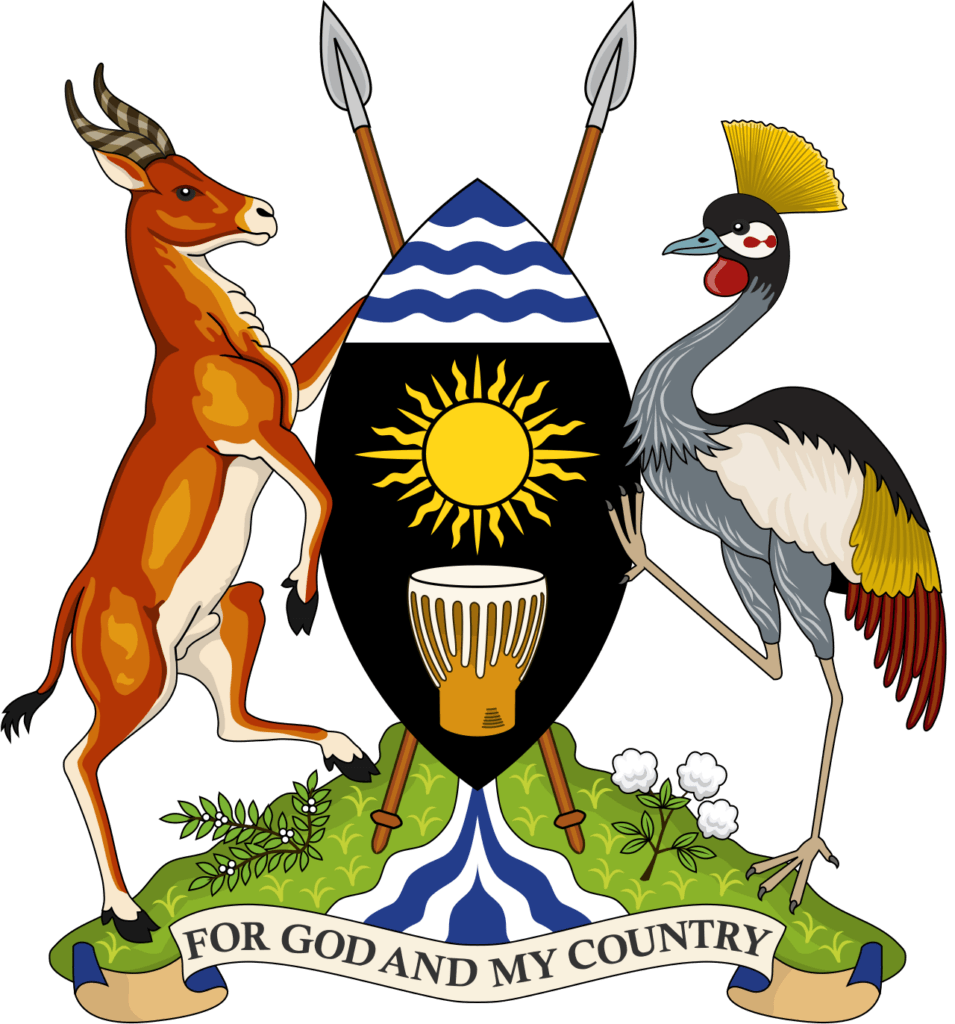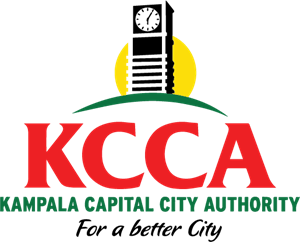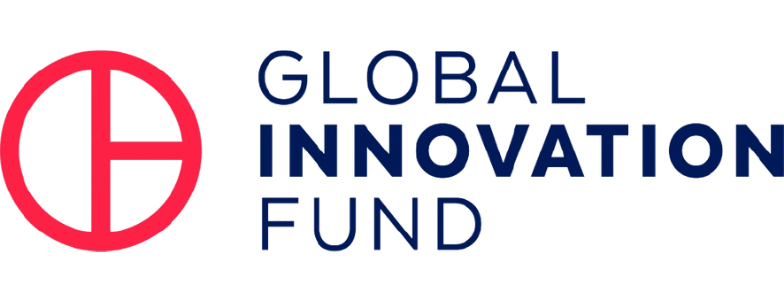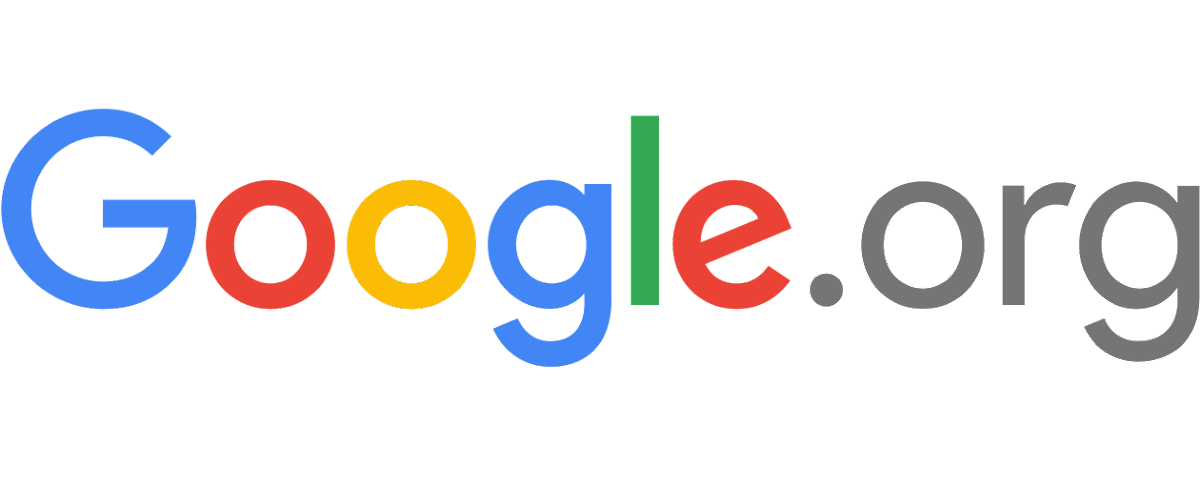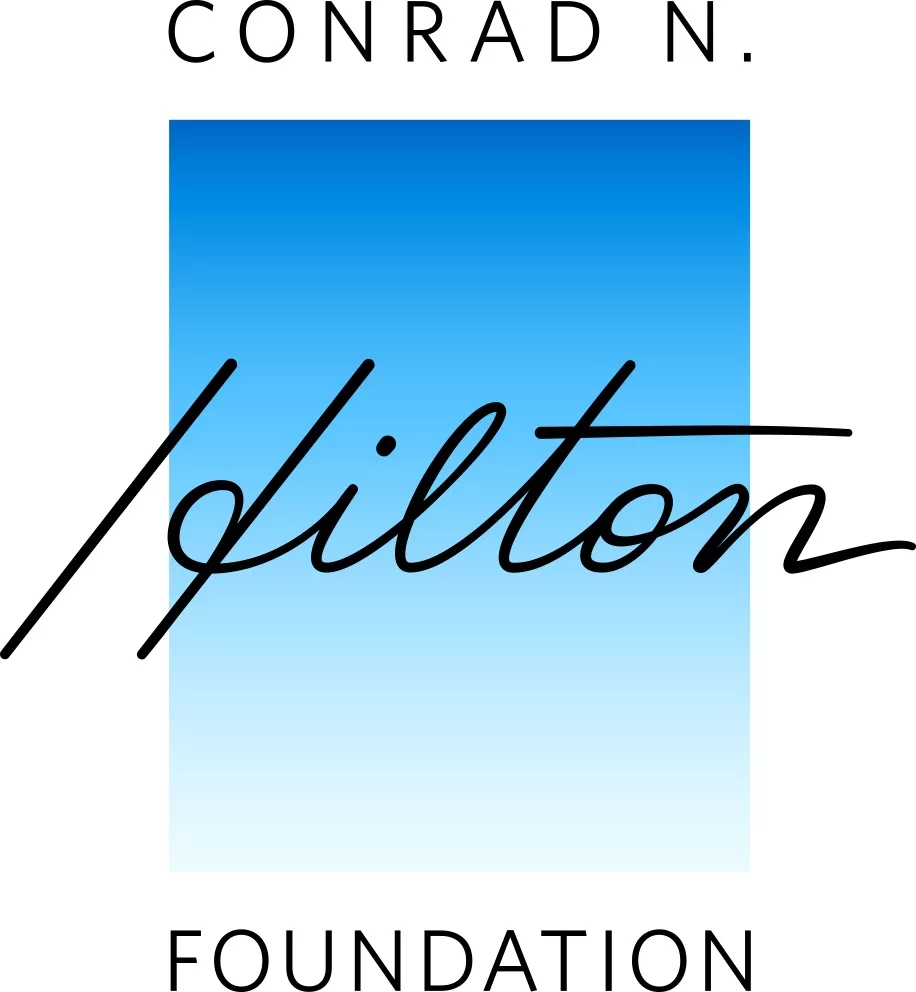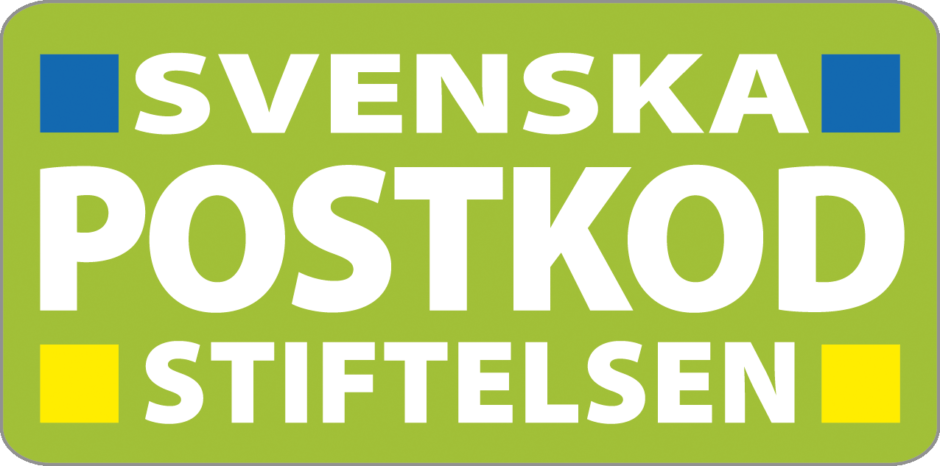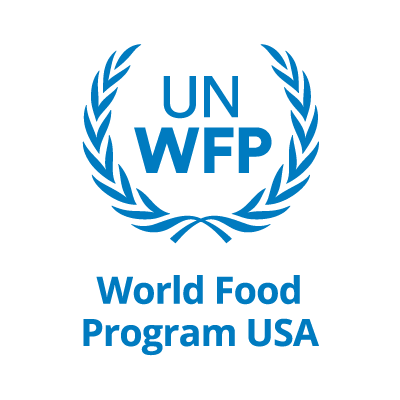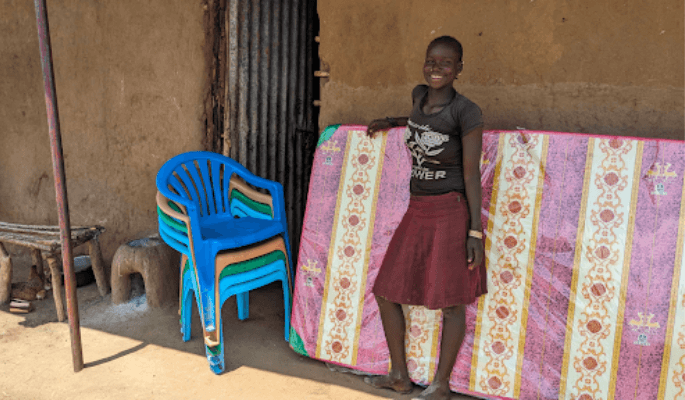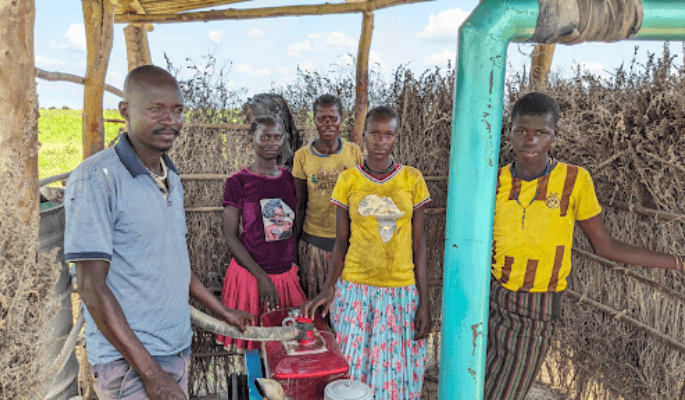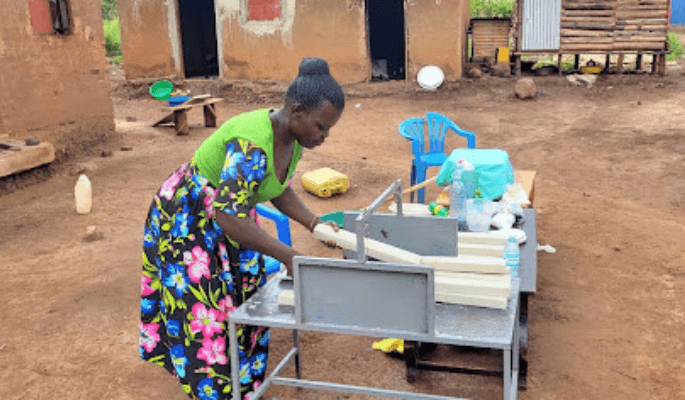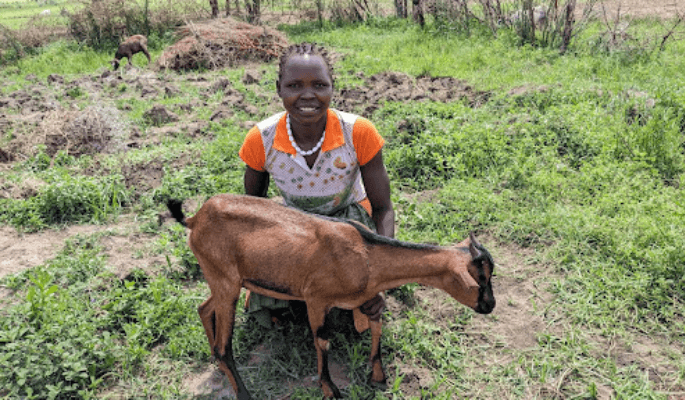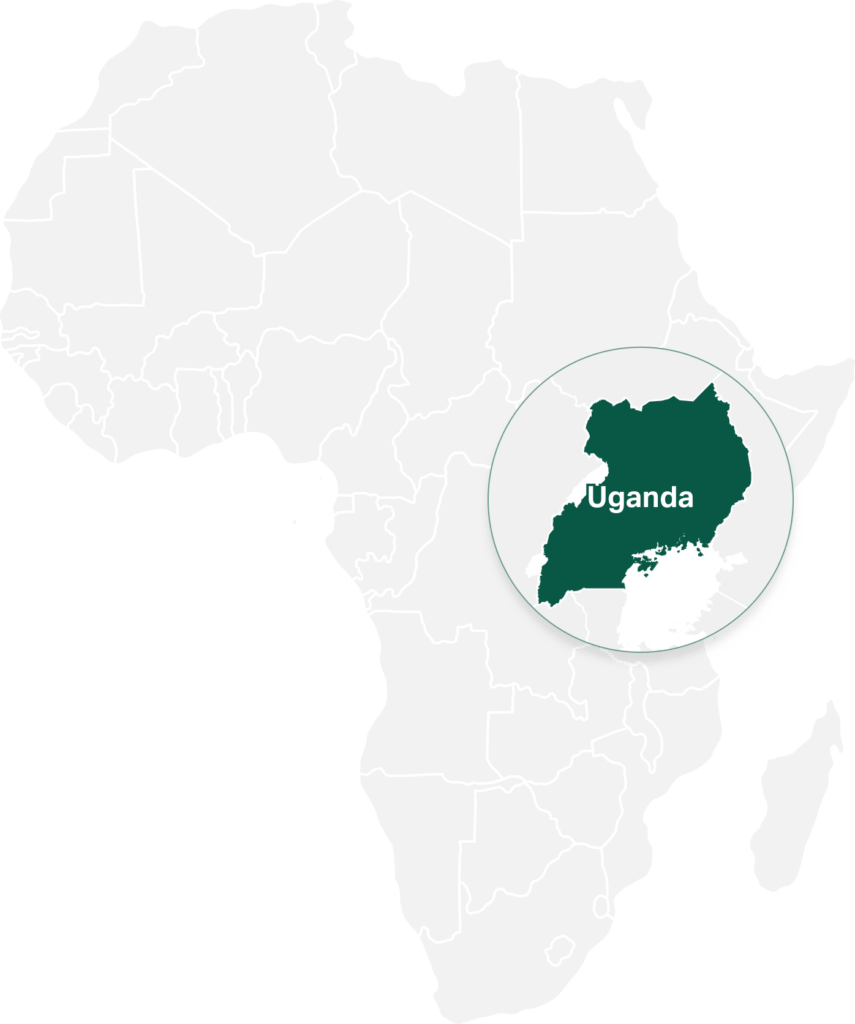
We’re delivering cash to reduce poverty and increase resilience in communities across Uganda.
Cash helps communities make choices to meet diverse needs.
ACTIVE Programs
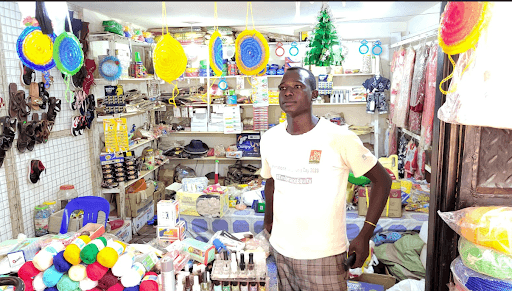
REFUGEES
Cash+ Sustainable Livelihoods for Refugees
Program launched in 2024 to provide cash to long-term refugee and host communities in and around select rural settlements. Recipients have the option to participate in additional identified services to support long-term resilience and self-reliance.
Transfer Size
$1,000 one-time transfer
Partners
IKEA Foundation, UNHCR, Office of the Prime Minister
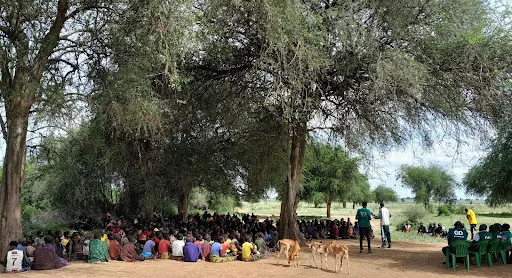
Poverty Relief
Karamoja Poverty Relief
Program launched in 2023 to improve food security, income, health, education, and self-reliance in communities in Karamoja, one of the poorest sub-regions of Uganda, with unconditional cash transfers.
Transfer Size
$1,000
Recipients Reached
9,900+
Partners
Ministry of Local Government
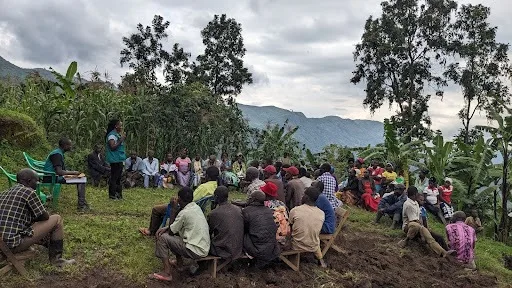
Poverty Relief & Climate Survival
Elgon Disaster Relief
Ongoing program launched in 2022 to deliver cash to communities at high risk of climate-related disasters near Mt Elgon in the eastern part of Uganda. The Elgon region experiences the highest level of landslides and floods in Uganda.
Landslides and flooding in Eastern Uganda have increased dramatically in recent years, resulting in lives lost, threatening livelihoods and increasing food and income insecurity for already vulnerable populations. Effective response strategies and stronger resilience measures are urgently needed to protect communities in the region.
Transfer Size
$1,800 total delivered across 2 payments
Recipients Reached
4,000
Partners
Ministry for Relief, Disaster Preparedness and Refugees
PAST Programs
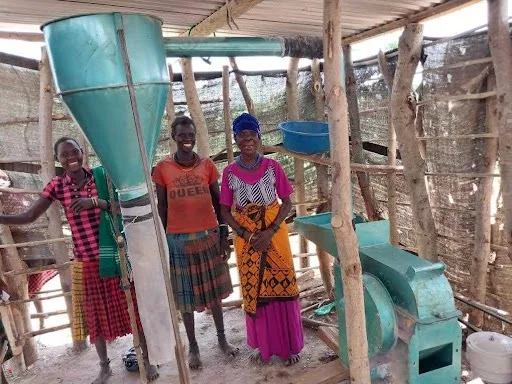
Poverty Relief
Cash for Development
GiveDirectly partnered with the Ministry of Local Government in 2023 to implement an unconditional cash complement to the Parish Development Model. The program had a learning agenda to measure the impact of cash in communities living in varying levels of poverty.
Transfer Size
$1,000
Recipients Reached
1,000
Outcomes
We surveyed recipients after they finished receiving payments and compared responses between groups that were in different relative levels of poverty before the program. Families in extremely poor areas were more likely to spend the cash on income-generating activities than families in relatively less poor areas. Across the board, ~67% of households bought agricultural materials and livestock, started a new business, or invested in an existing business. Other common spending areas were basic needs (food, clothing, medical expenses, etc) and paying down debt.
Partners
Ministry of Local Government
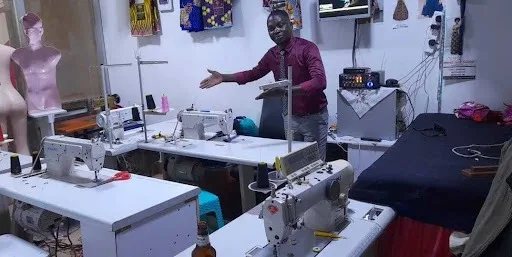
EMERGENCY RELIEF
COVID-19 Relief for Urban Refugees
Program that provided cash to urban refugee households in Kampala from 2022 to 2023. Transfers were timed to help recipients rebound from pandemic-related inflation and income losses.
Transfer Size
$750
Recipients Reached
1,200
Outcomes
Many refugees lost their source of income as micro-businesses went bankrupt in the aftermath COVID-19 pandemic. Prices for basic goods also went up, putting extra strain on vulnerable households. Recipients reported using the cash they received to re-establish their lost livelihoods — 43.18% invested in their existing business or started a new one. Other common spending areas were education, debt repayment, paying for basic needs, and saving for the future.
Partners
Department of Refugees at the Office of the Prime Minister, IKEA Foundation, Conrad Hilton Foundation
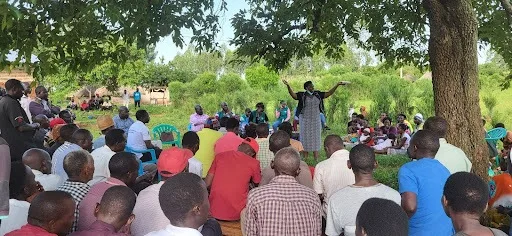
REFUGEES
Cash for Refugees, Kiryandongo
Program that delivered cash to refugees and host community members living in and around the Kiryandongo settlement from 2019 to 2022. Program included a randomized control trial to test the impact of the program in helping long-term refugees on their journey to self-sufficiency.
Transfer Size
$1,000 across 3 monthly installments
Households Reached
15,000
Outcomes
We surveyed recipients 19 months after they received their final cash transfer. The evaluation found that compared to a control group, refugees who received the cash scored higher on psychological well-being and self-reliance assessments. They were also spending 11% more, business ownership increased by 8.2%, and the value of the assets they owned increased by 60%.
Read more about the study here →
Partners
Global Innovation Fund, IKEA Foundation, Swedish Postcode Lottery Foundation, IDInsight, UBS Optimus Foundation
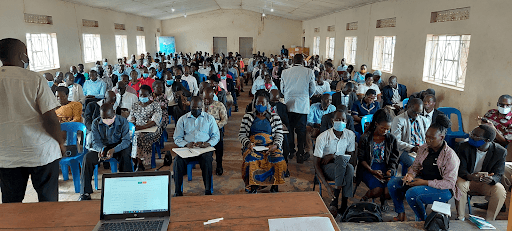
EMERGENCY RELIEF
Cash for Teachers
2020 program that provided cash to teachers not on government payroll across Uganda during the COVID-19 pandemic.
Transfer Size
$50 one-time transfer
Recipients Reached
20,935
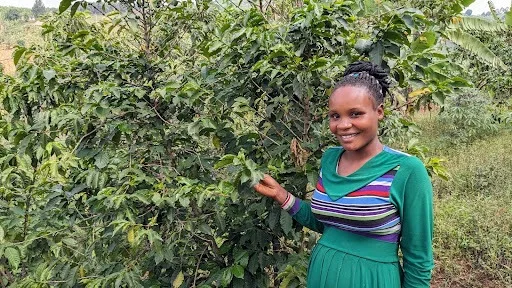
Poverty Relief
Cash for Coffee Farmers
2019 program that delivered unconditional cash to small farmers living in extremely poor coffee-growing communities.
Transfer Size
3 payments totaling $1,000 across 4 months
Recipients Reached
3,415
Outcomes
We surveyed recipients and a non-recipient control group one year after the final cash transfer was delivered to measure changes in economic well-being and coffee production. Compared to the control group, recipients of the cash bought more food, earned more, had more assets, and had greater food security. Also, coffee farmers invested more in their coffee farms and sold more coffee.
Partners
Benckiser Stiftung Zukunft (BSZ), IDInsight
Poverty in Uganda
42% of Ugandans live in extreme and multidimensional poverty, without access to quality education, infrastructure that allows for sanitation and clean drinking water, and adequate nutrition among other needs. Poverty reduction in Uganda stagnated during the COVID-19 pandemic, with agricultural incomes hit hard by lockdowns and increased poverty in urban centers.
Uganda’s Human Capital Index score improved between 2010 and 2020, but the country’s score of 0.38 is still below average for countries in Sub-Saharan Africa. In Uganda, people receive an average of only 6.8 years of school education before their 18th birthday. 29% of children are stunted, though rates of stunting decrease as the mother’s level of education increases.
Despite these challenges, the rate of mobile phone ownership and mobile money usage (37.7M mobile money accounts open as of 2023) are high in Uganda, which creates a receptive environment for cash programs. GiveDirectly has worked with the Ugandan Government, including the Office of the Prime Minister, the Ministry of Emergency Relief, Disasters and Refugees, the Ministry of Gender, Labour and Social Development, the Ministry of Education and Sports, and the Ministry of Local Government to support their aims of economic development and poverty reduction.
Sources: Our World in Data, World Bank, UNDP, USAID
